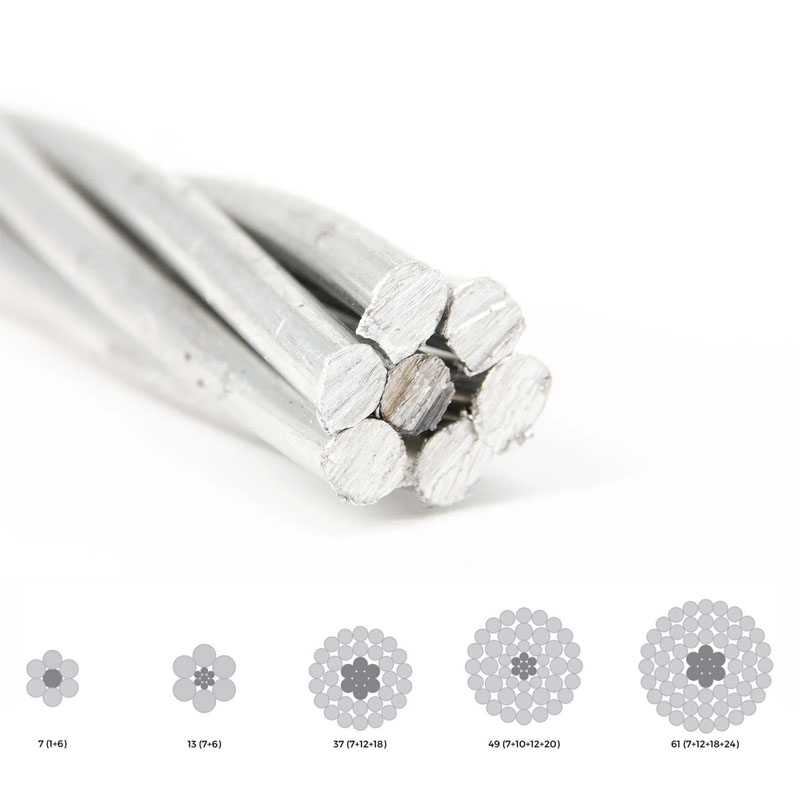
CE Certification Process for Termination of MICC Cable Explained in Detail
CE Certification for Terminating MICC Cable A Comprehensive Overview
In the realm of electrical installations and fire safety, the significance of certification cannot be understated. One such crucial certification is the CE mark, which signifies that a product meets the essential health, safety, and environmental protection requirements set by European Union directives. Among the myriad of electrical products that require CE certification, Mineral Insulated Copper Cable (MICC) holds a prominent position, particularly when it comes to its applications in demanding environments.
What is MICC?
Mineral Insulated Copper Cable (MICC) is a type of wiring used extensively in industrial, commercial, and residential settings. It consists of copper conductors encased in a magnesium oxide insulation, surrounded by a robust metal sheath, typically made of copper or stainless steel. This construction offers high thermal conductivity, excellent fire resistance, and remarkable durability, making MICC suitable for various applications, including emergency lighting, fire alarm systems, and other critical electrical installations.
The Importance of CE Certification
The CE marking is not merely a formality; it is a legally binding indication of a product’s compliance with EU safety regulations. For manufacturers of MICC, obtaining CE certification is vital for several reasons
1. Market Access Products that carry the CE marking can be freely traded within the European Economic Area (EEA). Without this certification, manufacturers may face significant barriers to entering the market.
2. Consumer Safety The certification process ensures that MICC cables meet stringent safety standards, thereby protecting consumers from potential hazards associated with electrical failures and fires. This is particularly crucial in high-risk environments such as tunnels, industrial facilities, and high-rise buildings.
3. Quality Assurance CE certification signifies that the MICC cable has undergone rigorous testing and evaluation, ensuring that it performs reliably under various conditions. This reliability is indispensable for both safety and operational efficiency in electrical installations.
4. Legal Compliance For manufacturers and suppliers, adhering to CE certification is not just about quality; it is a legal requirement. Non-compliance can lead to severe penalties, including fines and product recalls.
ce certification terminating micc cable

The Certification Process
The process of obtaining CE certification for MICC cables is meticulous and involves several key steps
1. Product Assessment The first step is to assess the product against the relevant EU directives. For MICC cables, directives related to Low Voltage, Electromagnetic Compatibility (EMC), and Construction Products Regulation (CPR) typically apply.
2. Testing The product must undergo rigorous testing conducted by accredited laboratories to ensure compliance with the applicable standards. This could include tests for fire resistance, insulation resistance, and mechanical strength.
3. Technical Documentation Manufacturers are required to prepare comprehensive technical documentation that outlines the design, manufacturing process, and testing results of the MICC cable.
4. Declaration of Conformity Once the product has successfully met all the required standards, manufacturers must draft a Declaration of Conformity, which is a legal document confirming that the product complies with EU legislation.
5. Affixing the CE Mark Following the successful completion of all the above steps, the CE mark can be affixed to the product, allowing it to be marketed within the EEA.
Conclusion
CE certification is a pivotal aspect of ensuring the quality and safety of Mineral Insulated Copper Cables. With its robust construction and fire-resistant properties, MICC is a preferred choice in critical installations. However, the process of achieving CE certification demands diligence and a commitment to quality assurance from manufacturers. As electrical systems continue to evolve, the importance of CE certification will only grow, ensuring that safety standards are upheld in every aspect of electrical installations. This commitment to safety not only protects consumers but also reinforces the overall integrity of the electrical industry.
-
The Quantum Leap of XLPE Cable in Power DistributionNewsMay.29,2025
-
Mastering the Essentials of Building WireNewsMay.29,2025
-
Innovative Horizons of Rubber Trailing CablesNewsMay.29,2025
-
Exploring the Versatile World of Rubber CablesNewsMay.29,2025
-
Decoding the Mysteries of Building CablesNewsMay.29,2025
-
Advancements Redefining Control Cable TechnologyNewsMay.29,2025
-
Why It's Time to Replace Old Rubber CablesNewsMay.28,2025














